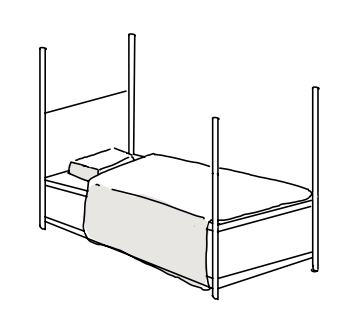Within the depths of New Year’s resolutions, millions of people are swept into the “new year, new me, new gym membership” craze. Places like Planet Fitness see a sudden spike in memberships as newbie gym-enthusiasts flock to the sweaty, sticky, decades-old machines. According to Forbes, the number one most common New Year’s resolution is improved fitness, with almost 1-in-2 people putting it on their list. WCNC also reports, “Research showed nearly 80% of January gym-rats quit in the first five months.” The new year’s spike does not last. By the time February rolls around, the adrenaline rush for exercise is gone. Gyms become barren. The aspirations of millions just wanting to improve their physicality is completely thrown away. The question is: Why?
The obvious answer is lack of motivation, but the issue extends far deeper. Many quit going to the gym because of the overly toxic environment. This is known as “gym toxicity.” According to Health and Fitness journalist Ruby Khanna, “Toxic gym culture is rising rapidly with people giving out unrealistic workout ideas, weightlifting techniques, diet plans and health advice without any credible knowledge or experience. With all the workouts and sweat, gym goers have also unintentionally built a culture that can sometimes transform into toxic and negative.” The result is that normal Janes and Joes who are trying to hit the gym after their nine-to-five are left confused and overwhelmed. The frustration of unrealistic expectations compounds, so they end up throwing in the towel by February.
Many veteran gym-goers are speaking out against this toxic culture, though. One of the loudest voices of the anti-toxicity movement is fitness influencer Joey Swoll. According to Essentially Sports, “In January 2022, […] [Swoll] defended an individual by explaining that he was doing an exercise known as the ‘drag curl’ and said that the person with the camera should ‘mind her own business’. Joey’s followers consider him to be a hero and tag him under gym videos that seem unfair or toxic.” Swoll’s work has even motivated a follower, Melanie, to return to the gym after twenty years. He says his mission is to “change the toxicity in gym culture.”
As February approaches, we should urge gym veterans to assist and encourage newcomers. Shaming self-improvement and pointing fingers at newbies who are already confused from the influx of unrealistic “fitness advice” is not helping the situation. Fostering a positive atmosphere in fitness spaces is essential to building a healthy community while destigmatizing the gym.







